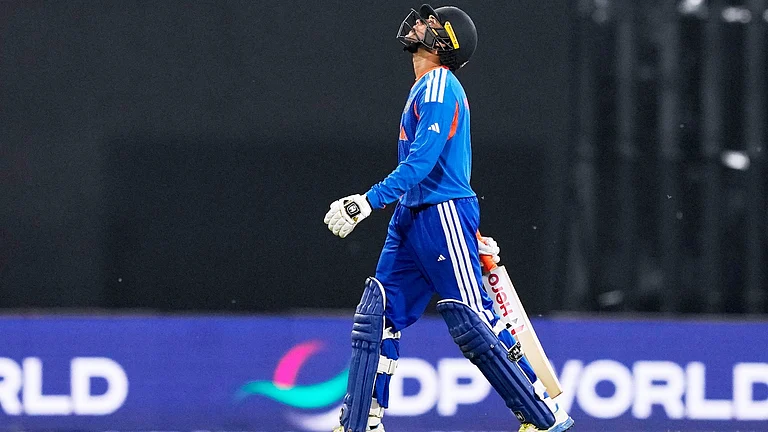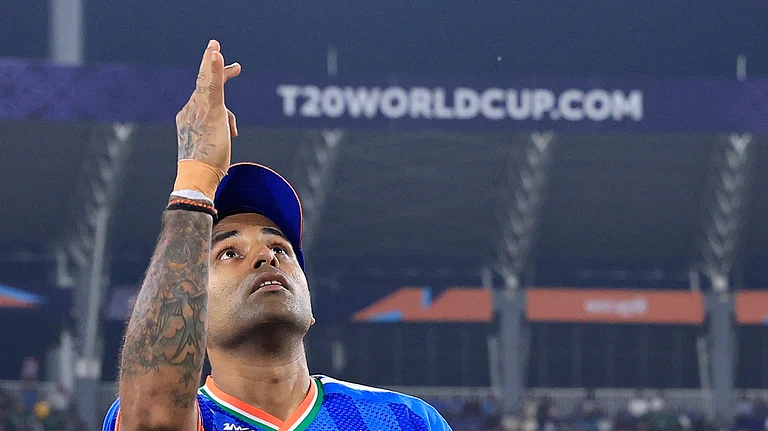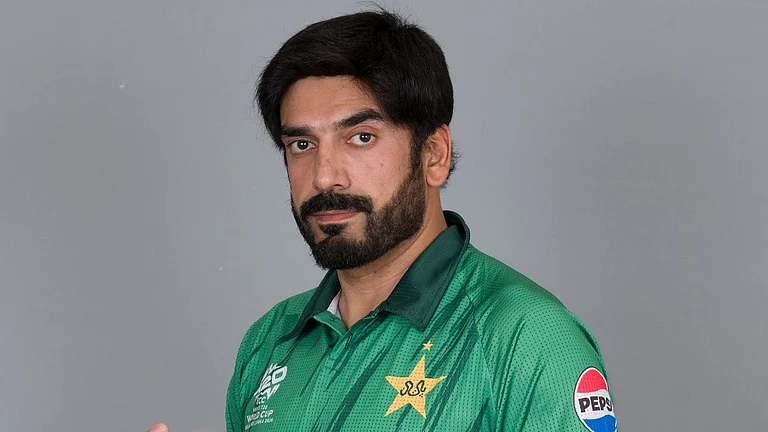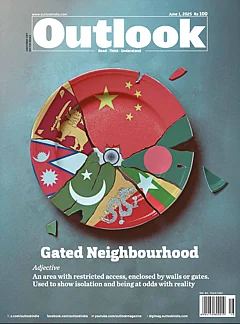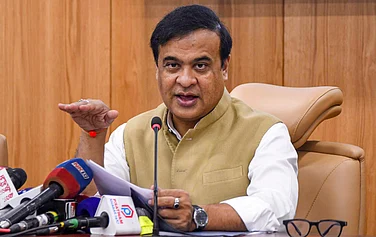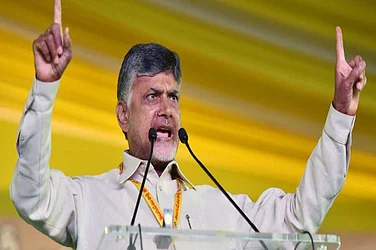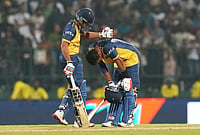“Apocryphal stories would not be worth worrying about if their inventors stuck to the spoken word. What’s a bit of bragging or slander among friends? But when these tales reach print they become accepted fact. No matter how implausible or self-serving, how spiteful or absurd, they are believed.”
—Martha Gellhorn, war correspondent who covered the Spanish War and wrote The Face of War
Who is going to witness anything anymore? Who can witness anything anymore? Like all journalists, we walk a thin line between truth and lies, losses and gains, evasions and press notes and propaganda.
There is no moral high ground to concede to anyone here. No history is ever clean or moral. No history can stand the test of absurdity. Those who invoke it are perhaps choosing to be oblivious to the fact that no war has ever brought any peace.
Some things need to be repeated. Over and over again. As a safeguard against the apocryphal stories we hear.
Newsrooms have become VFX studios, with anchors and reporters trying to build narratives to glorify and commodify war with lies and deceit.
We saw how spiteful and absurd we can get with the coverage of the strikes that both India and Pakistan engaged in before a surprise ceasefire was announced and the sirens stopped blaring. But not so long after the sirens stopped screeching and television anchors suspended their shrill cries for revenge and their misplaced rage with that chest-thumping nationalism that must be embraced by all, either wilfully or forcefully, we are now again in a tight spot with regard to our freedom of speech. This must be addressed. There were no FIRs filed against those who asked for revenge and war and the erasure of the “other”, who told the minorities they must behave themselves or be ready for the consequences.

Ashoka University professor Ali Khan Mahmudabad was arrested over his post, allegedly promoting communal disharmony and disrespecting women officers in the armed forces.
“I am very happy to see so many right-wing commentators applauding Colonel Sophia Qureishi, but perhaps they could also equally loudly demand that the victims of mob lynchings, arbitrary bulldozing and others who are victims of the BJP’s hate mongering be protected as Indian citizens. The optics of two women soldiers presenting their findings is important, but optics must translate to reality on the ground otherwise it’s just hypocrisy,” an excerpt from his post on Facebook read.
Ali was arrested under sections of the Bharatiya Nyaya Sanhita (BNS) that criminalise acts that endanger the sovereignty, unity and integrity of India.
The point is, each time we write or speak, we must be very, very afraid. Self-censorship is troubling.
The politics of ideas is now replaced with the politics of identity and we are called upon to take a position. We either must love or hate. That’s war-making.
Some media were silenced. Some were subjected to limited silencing. A warning perhaps. We don’t know why and we dare not ask why.
We don’t know the truth anymore. We can’t and aren’t meant to find it or even seek it. We are not to reflect on how anachronistic war is and how identities can be pitched against each other despite historical fraternities and proximities between two countries that must now see themselves as enemies. Many denounced the ceasefire because they wanted a war. On both sides.
We are to glorify war. We are to live in perpetual fear of arrests, of being branded anti-nationals for being on the side of peace.
Alongside war and loss, there has always been diplomacy where two nations can talk instead of attacking each other because in today’s world, a war doesn’t and can’t have any winners.
Diplomatic efforts must be encouraged as a resolution because sirens blaring through the night pierce not just the landscape but the minds of people. A home demolished isn’t a structure but a lived place with belongings that constitute anchorage, a refuge and a sense of belonging. It takes a lifetime to build a house. It takes a blast to demolish it. They call it collateral damage. People aren’t collateral damage.
Ask a poor man why his house was razed after the Pahalgam attack and you’re accused of being sympathetic to the Kashmiris. He lived next to the house of the parents of a terrorist involved in the Pulwama attack. His home was blasted in retribution. He was to marry on May 10. A suitcase of wedding clothes lay buried in the debris. These people had an “almost war” brought to them, like many others in villages and towns on the border.
Let journalists and others ask questions and report and write without fear. That’s important for a democracy. People deserve better than lies and propaganda.
A government deserves a strong and independent media.
India’s attack on the terror camps in Pakistan was a much-needed response to show zero tolerance for terrorism. India’s willingness for a ceasefire is also a good response. What’s not good is the propaganda and the silencing of those who have valid questions and opinions. May Ali get a fair hearing.
This article is part of Outlook’s 1 June 2025 issue, 'Gated Neighbourhood', which examines the state of diplomacy, media, and democracy in the wake of the ceasefire. It appeared in print as 'Love Thy Neighbours.'








